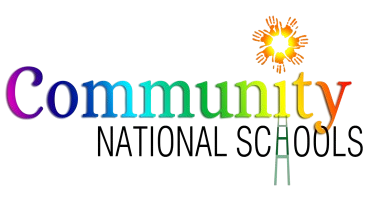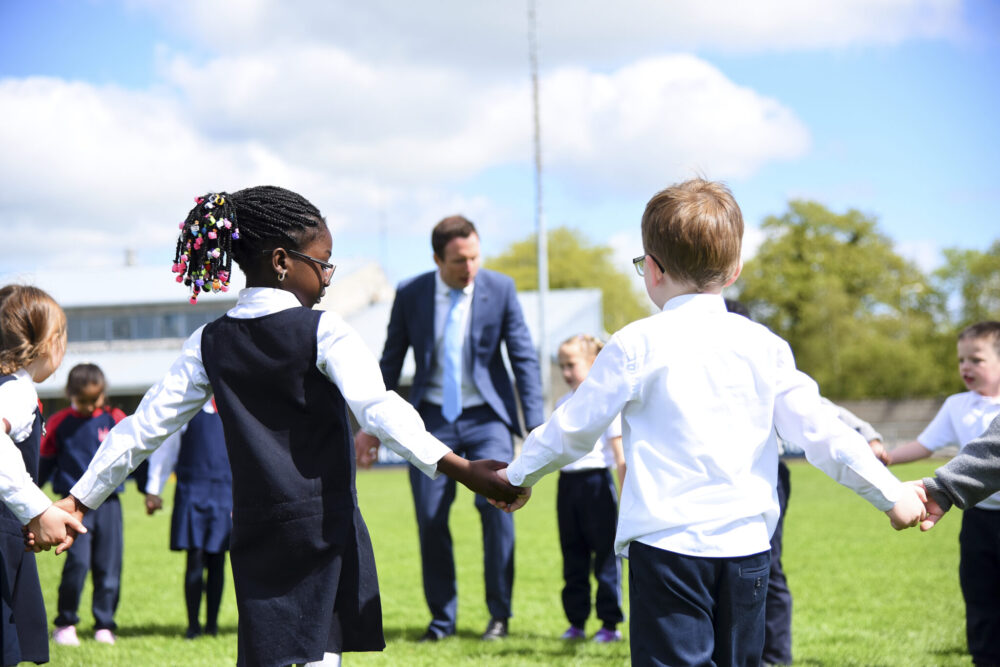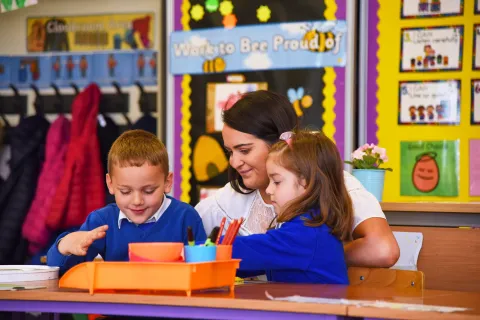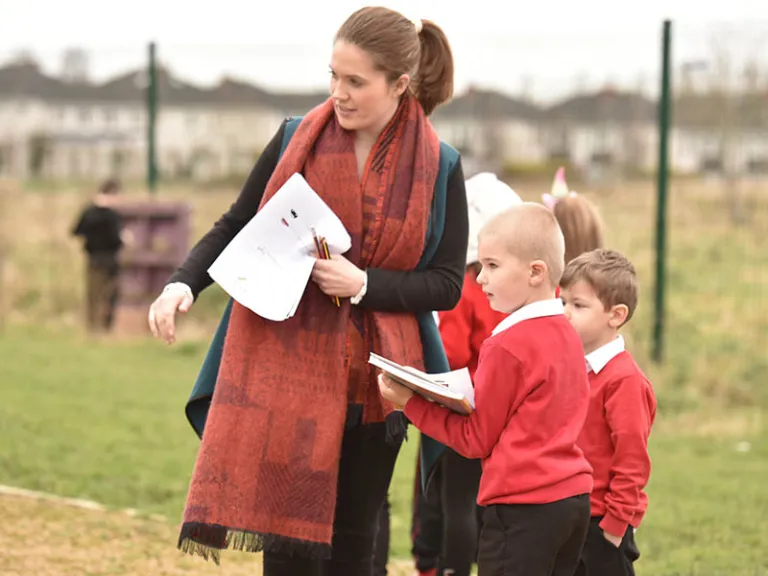You’re sure to have questions when it comes to Community National Schools and reconfiguration. You might want to know does it effect the curriculum in primary schools? Is inclusive education considered at multi-denominational schools? The Department of Education put a very useful guide together to demystify what reconfiguration for diversity will actually mean for your child and location. You can download the booklet in full here.
What is meant by patronage?
Patronage of a school refers to a person or body that manages a school, which is known as the school’s patron. The patron appoints the board of management to manage the operation of the school. The patron also determines the ethos and characteristic spirit of the school. Some examples of bodies which run religious (or denominational) schools are the Catholic Church and the Church of Ireland. Some examples of bodies which run multi-denominational schools are Education and Training Boards, Educate Together and An Foras Pátrúnachta. Schools under the patronage of An Foras Pátrúnachta have a dual ethos, the Irish language and a spiritual ethos such as multi-denominational, Catholic or inter-denominational.
Are primary schools curriculums the same in all schools?
What happens in multi-denominational schools?
- Curriculum: Multi-denominational schools deliver the national curriculum in the same way as all schools, regardless of patron, and are subject to the same rules and regulations. The Irish language is nurtured in children attending multi-denominational schools in the same way as children attending other primary schools.
- The celebration of religious festivals such as Christmas: Multi-denominational schools may celebrate many of the important religious and non-religious events that take place throughout the year such as Christmas, Easter, Diwali, Eid, Vaisakhi, Holi, Darwin Day and other festivals. . Arrangements can vary from school to school.
What is Reconfiguration?
How are schools selected for Reconfiguration?
To provide choice for parents, it is hoped that in places, such as towns or areas of cities where there are a number of denominational schools but no multi-denominational schools, a process can be agreed whereby the existing majority patron (the relevant Catholic Bishop in most cases) can engage with the Department and the local community to identify a suitable school for reconfiguration. For more information on the reconfiguration procedure, click HERE



